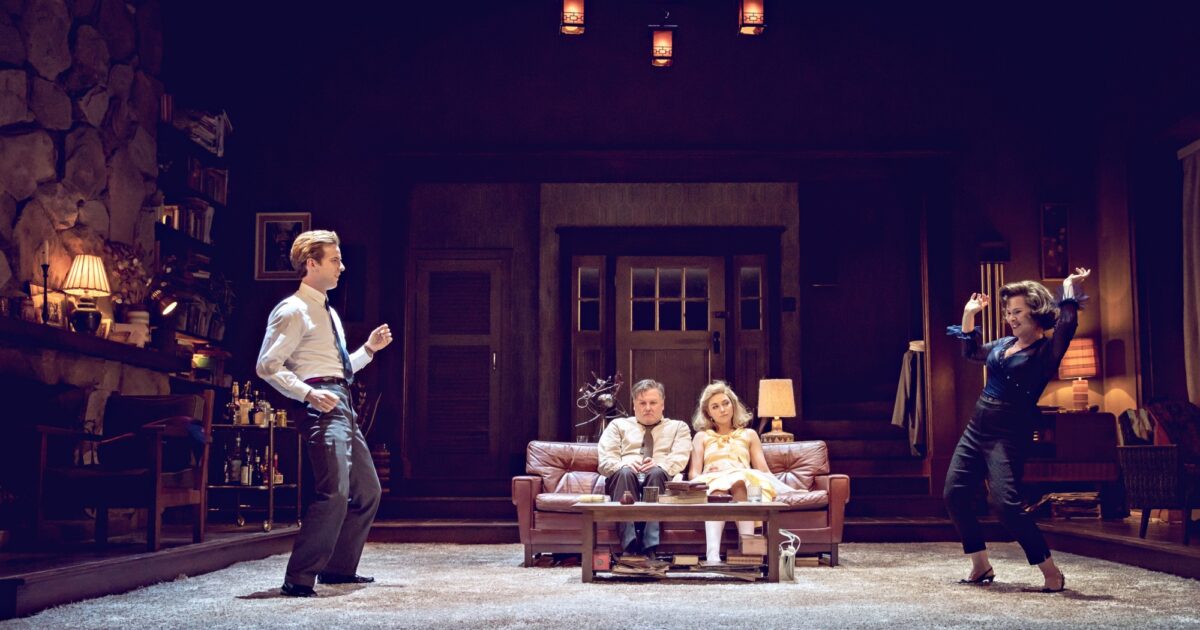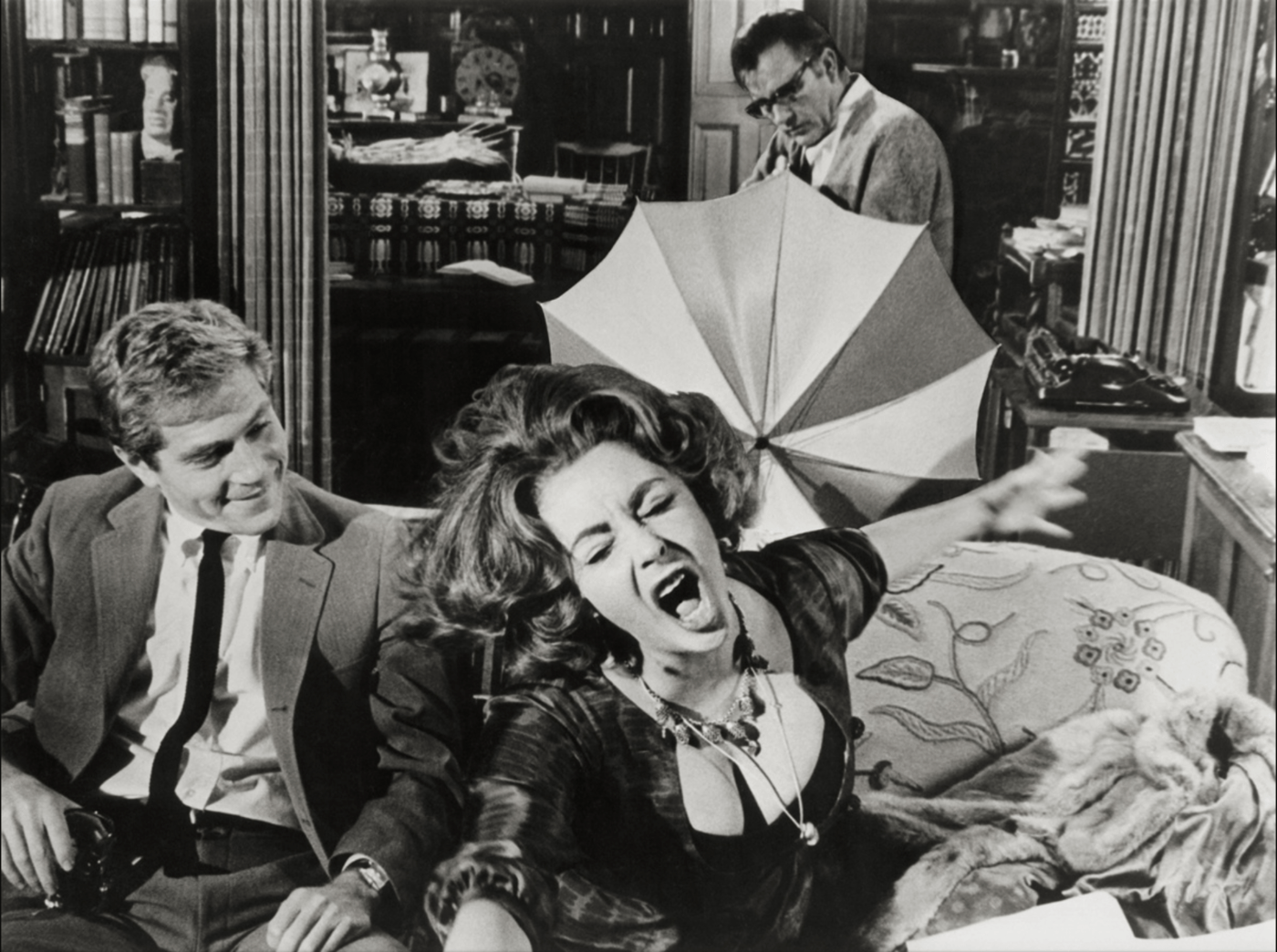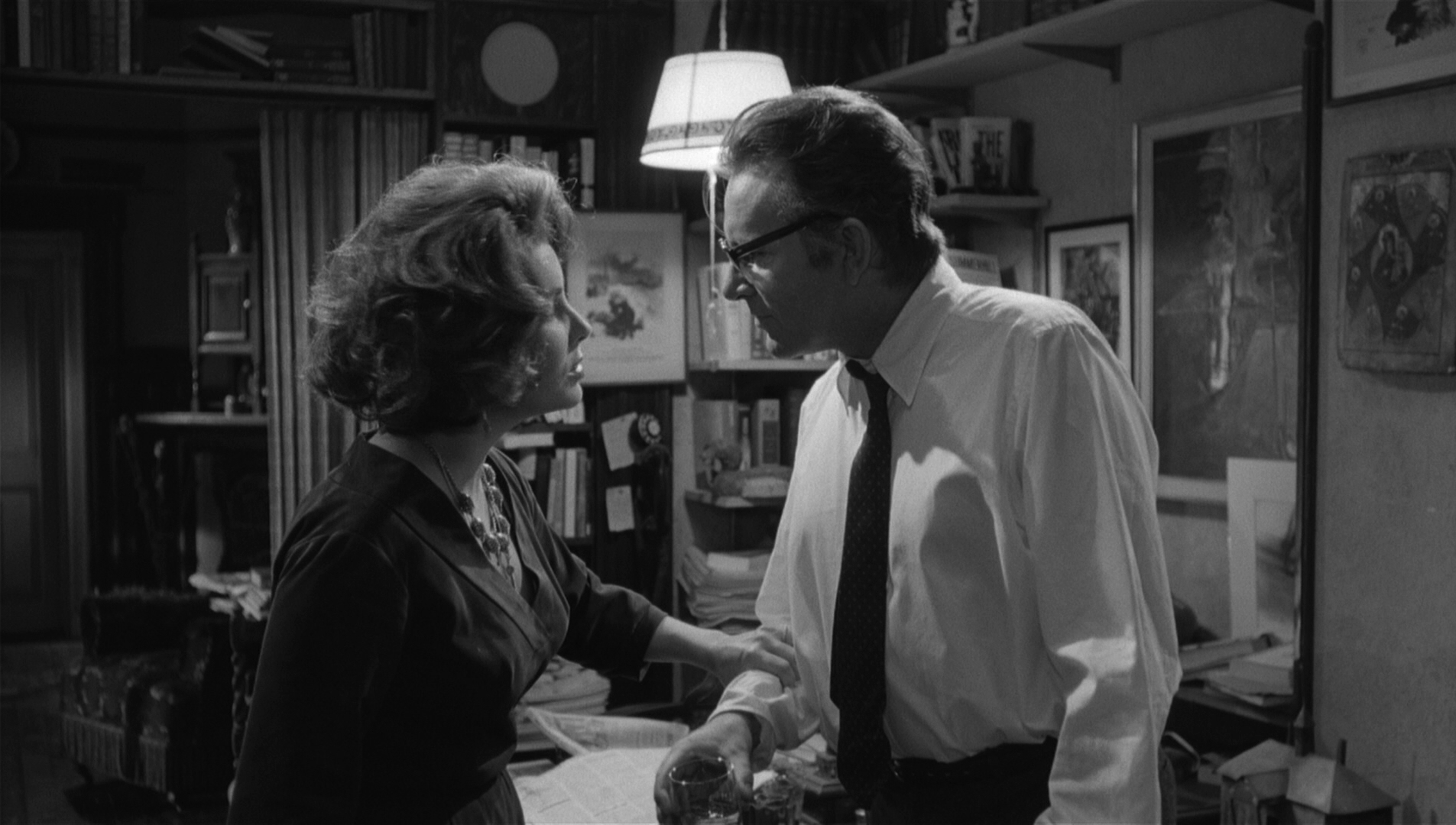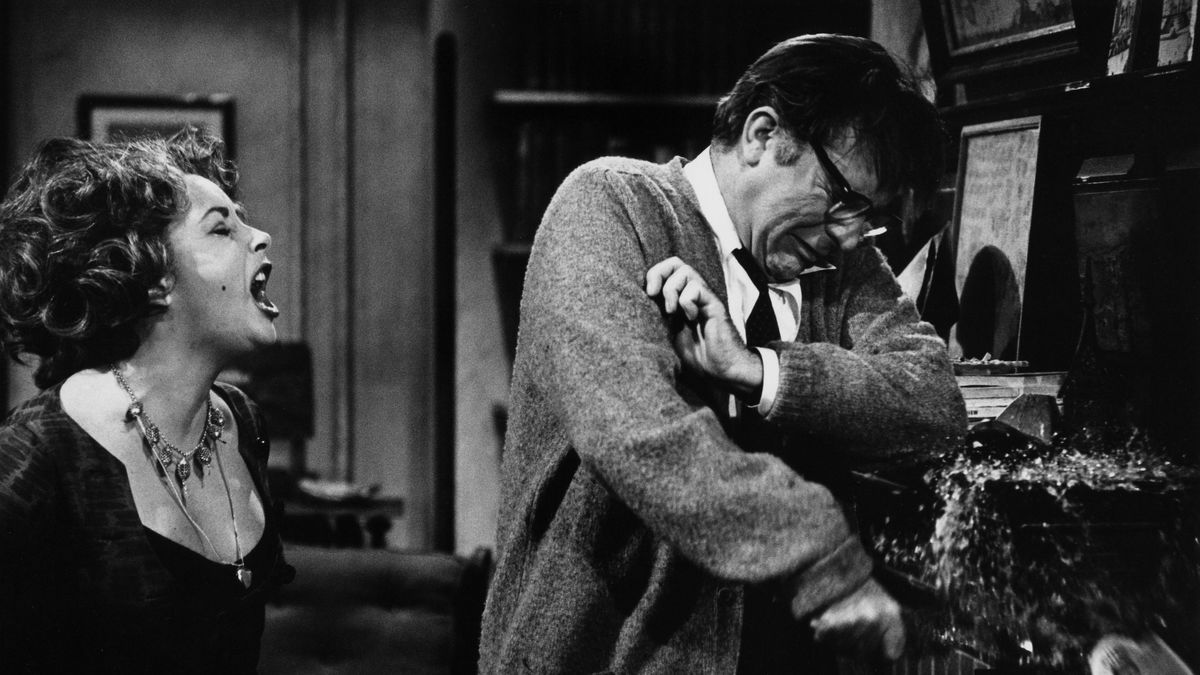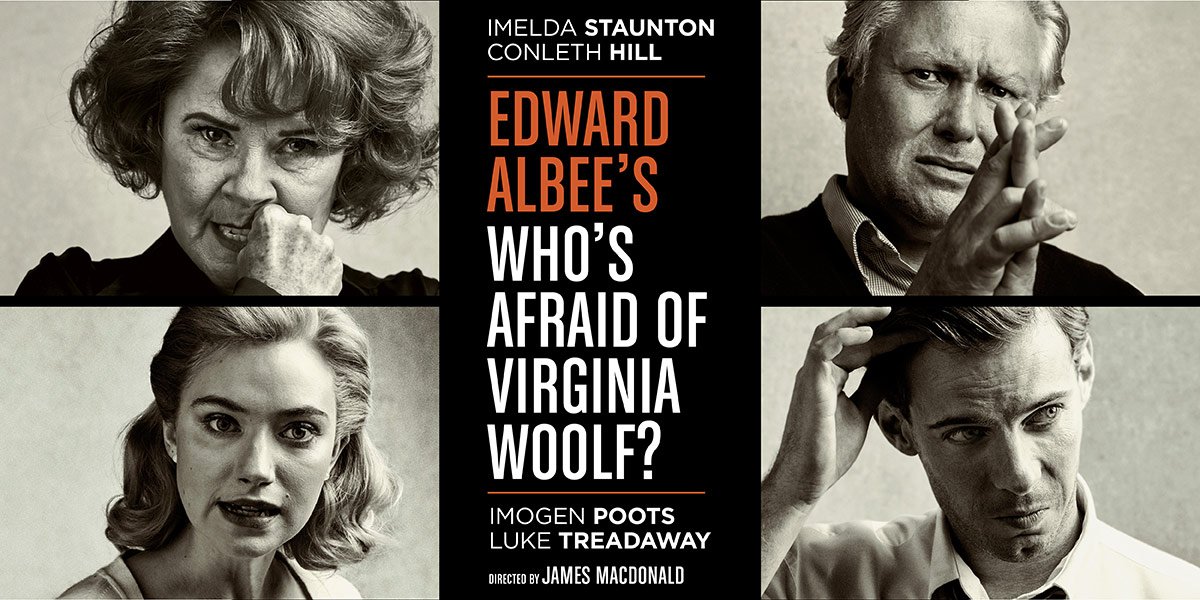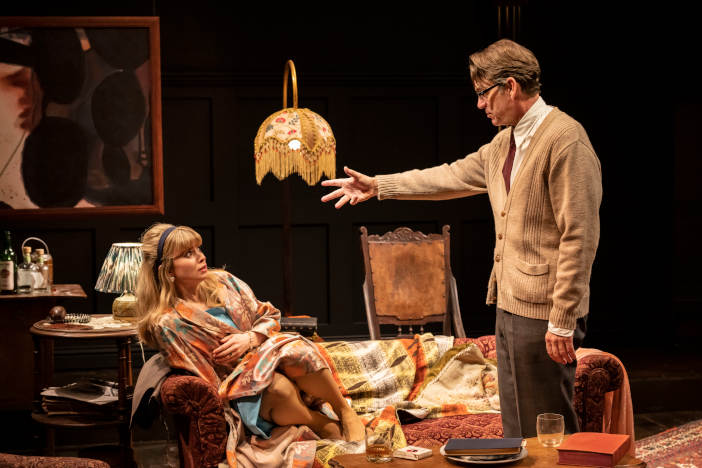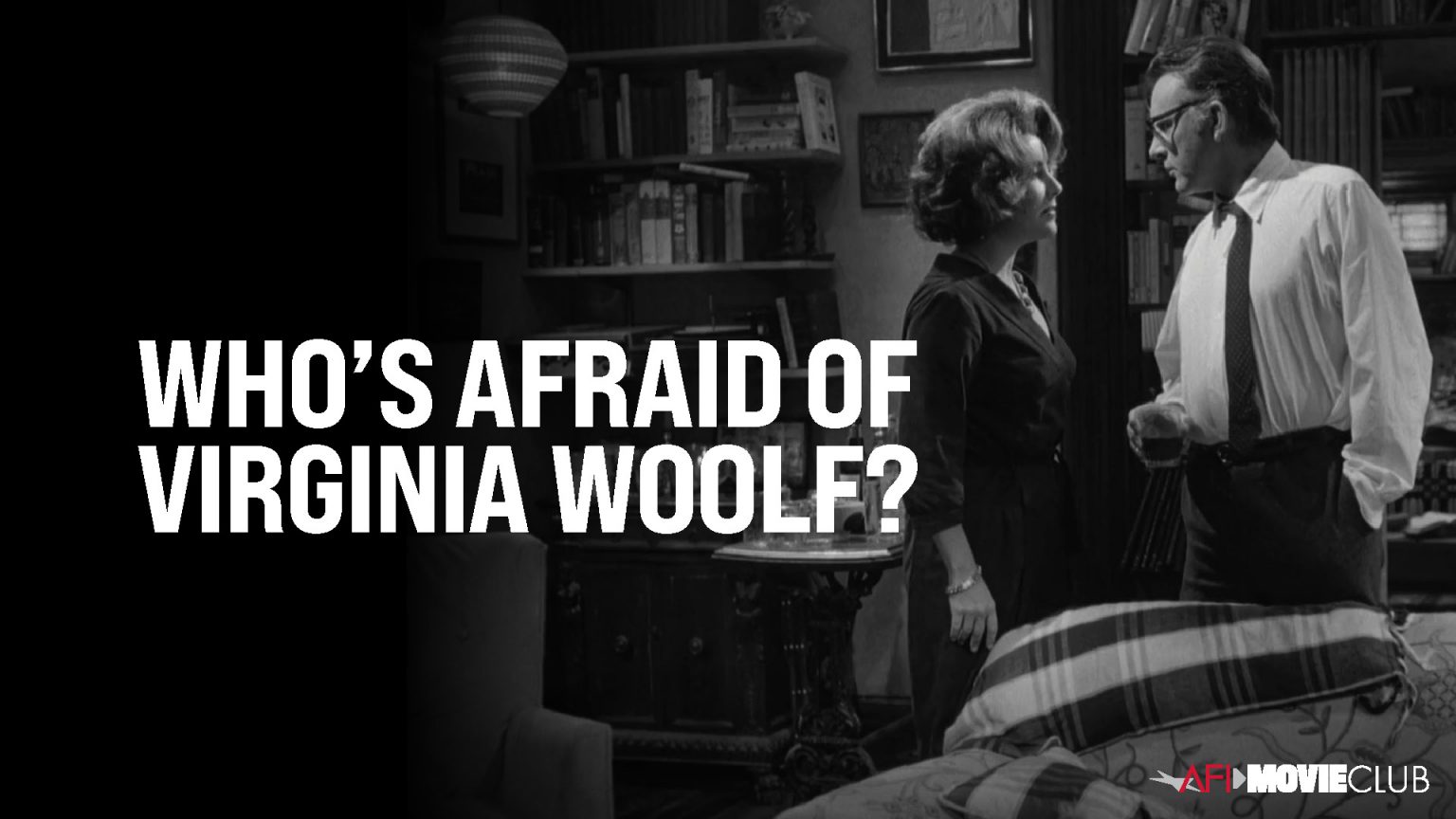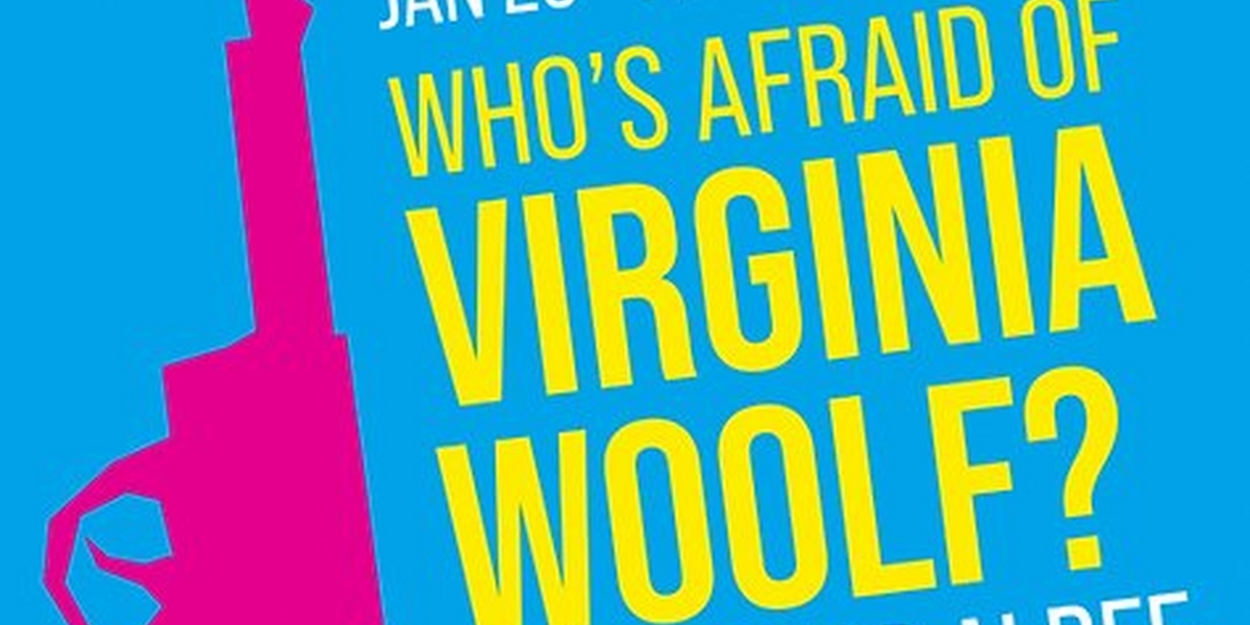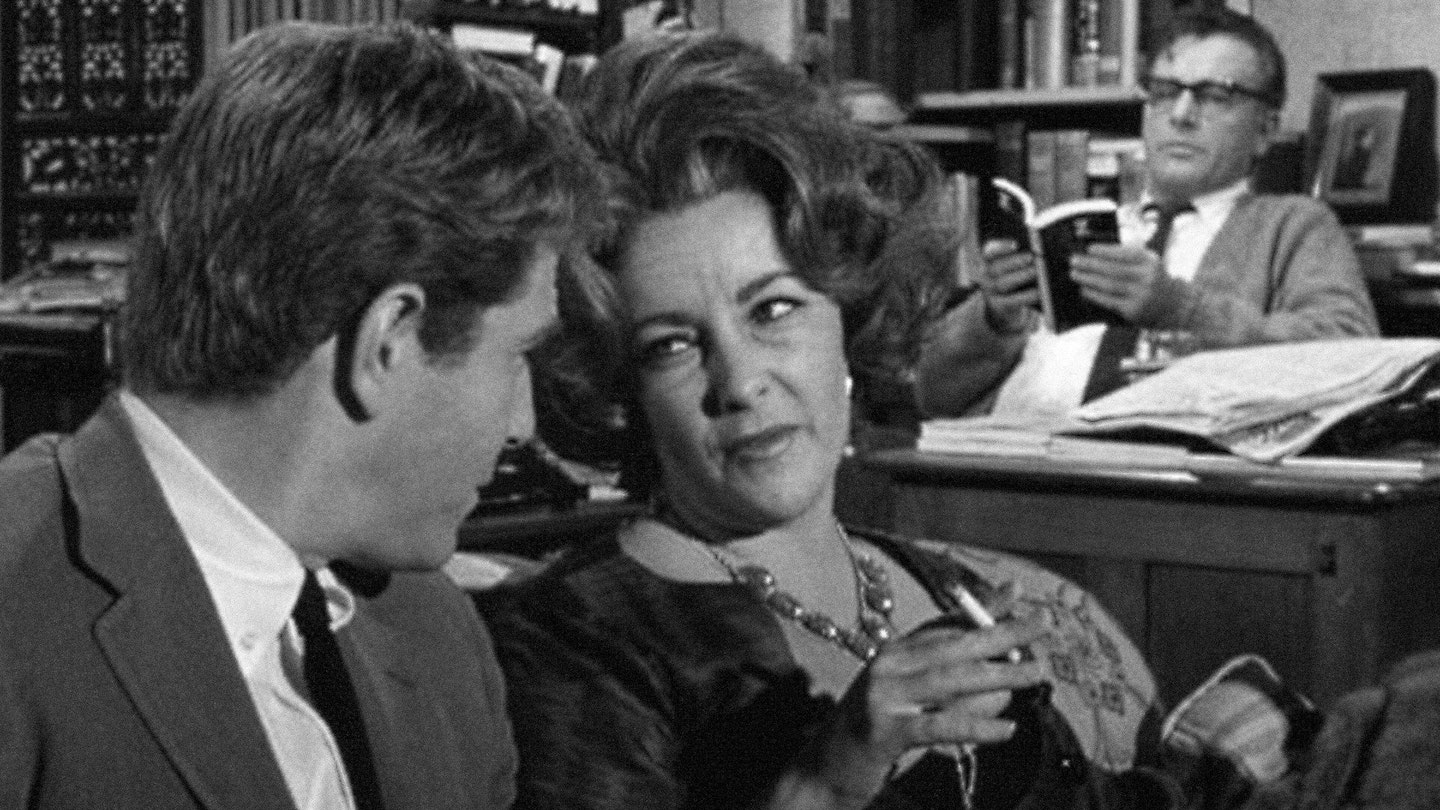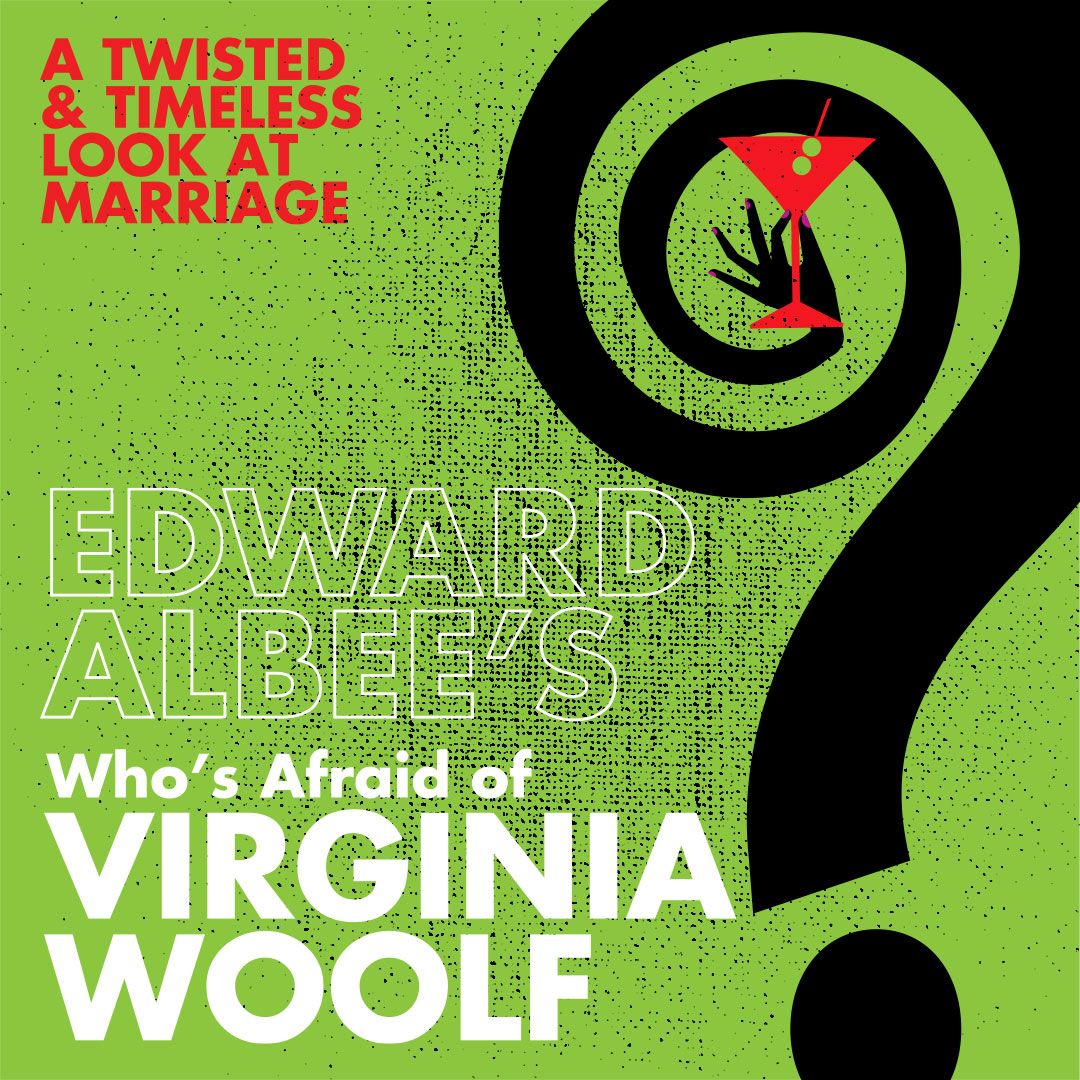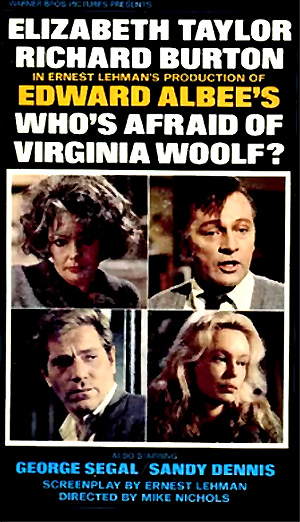Who's Afraid Of Virginia Woolf Ending Explained

Okay, let's talk about Who's Afraid of Virginia Woolf? That play (and the movie!) is a wild ride. It's like watching a marital demolition derby, but with way more witty insults.
We've got George and Martha, a college professor and his wife, hosting a younger couple, Nick and Honey, for a late-night drink. What could possibly go wrong?
The Games Begin
Everything, that's what. Martha and George are experts in "fun and games." These games are less charades and more psychological warfare.
They taunt each other, reveal embarrassing secrets, and drag Nick and Honey into their twisted drama. It's uncomfortable, shocking, and strangely hilarious all at once.
The Imaginary Son
One of the central "games" revolves around George and Martha's son. Except… he's not real.
He's an imaginary construct they've created over the years, a sort of coping mechanism for their own disappointments and insecurities. This son is a carefully guarded secret, a foundation of their dysfunctional relationship.
The Climax: Killing the Son
As the night wears on (and the alcohol flows), George decides to "kill" their imaginary son. He announces that the boy is "dead," devastating Martha.
It's a brutal moment, but also a turning point. Why would George do such a thing?
Why George Did It
The act of "killing" the son is about facing reality. Their imaginary son represents a denial of their problems and a reliance on fantasy.
George is trying to force Martha (and himself) to confront the truth about their relationship. He wants them to stop living in a world of make-believe.
The Ending: A Glimmer of Hope?
The play ends with Martha expressing fear of Virginia Woolf. It's a simple line, but it's packed with meaning.
Virginia Woolf, the author, was known for her exploration of complex emotions and inner lives. Martha's fear suggests a fear of facing her own inner turmoil and the complexities of her relationship with George.
Does this mean they'll suddenly become a happy, functional couple? Probably not. But there's a sense that they might be able to start building something more honest, even if it's painful.
"Who's afraid of Virginia Woolf, anyway?"
The final question hangs in the air. It's a challenge, a dare, and maybe even a tiny spark of hope.
Beyond the Insults
Who's Afraid of Virginia Woolf? is not just about screaming matches and drunken antics. It's about the masks we wear, the games we play, and the painful truths we try to avoid.
It's a reminder that even in the most dysfunctional relationships, there can be a glimmer of love, however twisted or buried it may be. Maybe that's why it continues to resonate with audiences today.
It is an invitation to see the world as it is, painful as it is and accept that reality and start building lives on that foundation.
